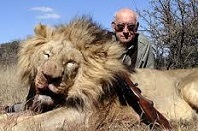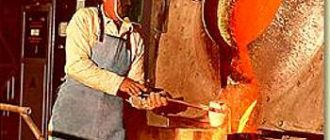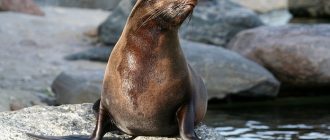Researching canned hunting in South Africa? Learn more about the cruel and inhuman trophy hunt known as canned hunting in South Africa…
Canned hunting in South Africa is defined as a trophy hunt for confined animals. It is mainly an efficient way to increase the likelihood of a hunter getting a clean shot while hunting game. To define it better: animals are raised in game reserves and then they are hunted for trophy collection. It is increasingly common in some countries like South Africa even though the United States has passed legislation to curtail certain similar activities.
Exotic animals are restricted from being shot after being imported into the reserves and other such restrictions and bans have been implemented in 20 states in the United States. Since animal activists already find hunting an inhumane sport they are completely against the practice of canned hunting in South Africa because they consider it an unfair advantage for the hunter.
These are considered brutal activities because most of the animals are fenced in some restricted and confined areas and it’s not very difficult for a hunter to shoot down the animal. In fact, even the real hunting clubs do not acknowledge the kill, neither do they record any canned hunting game in their record books.
However the Safari Club International does include records and gives out awards for canned hunting trophy animals. These animals are penned inside and many videos have been edited to make them look like they are wild game instead of canned hunting game.
There have been new laws introduced in South Africa to manage hunting. These laws have been initiated under the auspices of the Minister of Environmental Affairs. The ministry itself is disgusted by wealthy visitors to the country who enjoy shooting passive and tame lions from their trucks and killing pacified rhino’s with an arrow. It is much like target practice and shooting. Most of this initiative was spurred on by the imbroglio created over a killing in a canned hunt of a rhinoceros.
Even though there were many legal actions by the hunting industry, canned hunting of the large predators like rhinos and lions in captivity was banned. The legislation requires that any of the captive animals be released in the wild for a minimum of two years before they can be hunted. It would allow the animals to develop self-defense and hunting skills, making them fair game. Hunting is all about a fair chase and this element should be added back into the hunt. Canned hunting in South Africa basically removes the most essential element of a hunt.
Of course canned hunting is not simply propagated by suppliers. There are people who enjoy this kind of activity and end up killing large numbers of animals. From hundreds of gnus, lion and rhinos shot in confined areas, canned hunting is quite extensive in terms of its damage. Of course in the wild it would be difficult to even fell a single rhinoceros, but a caged rhinoceros is no match for a hunter.
In fact, one of the most gruesome canned hunts in South Africa was that of a lioness, which was shot and landed in an electric fence while three of her separated children saw her being electrocuted to death. The hunter actually ended up posing next to the trophy animal as if it was a thrilling hunt and bared her teeth to show the world how cowardly and inhumane canned hunts are.
Canned hunting is actually considered legal because there are some absurd rules. Unfortunately the rule has allowed the killing of more than 100,000 wild animals by 60,000 hunters. That means an average of 1.3 animals per person rather than the basic wild hunt where one person would typically not even be able to get a kill a single animal on a hunting trip in the wilderness. The per capita death rate of animals therefore increases under the use of canned hunting fields in South Africa.





